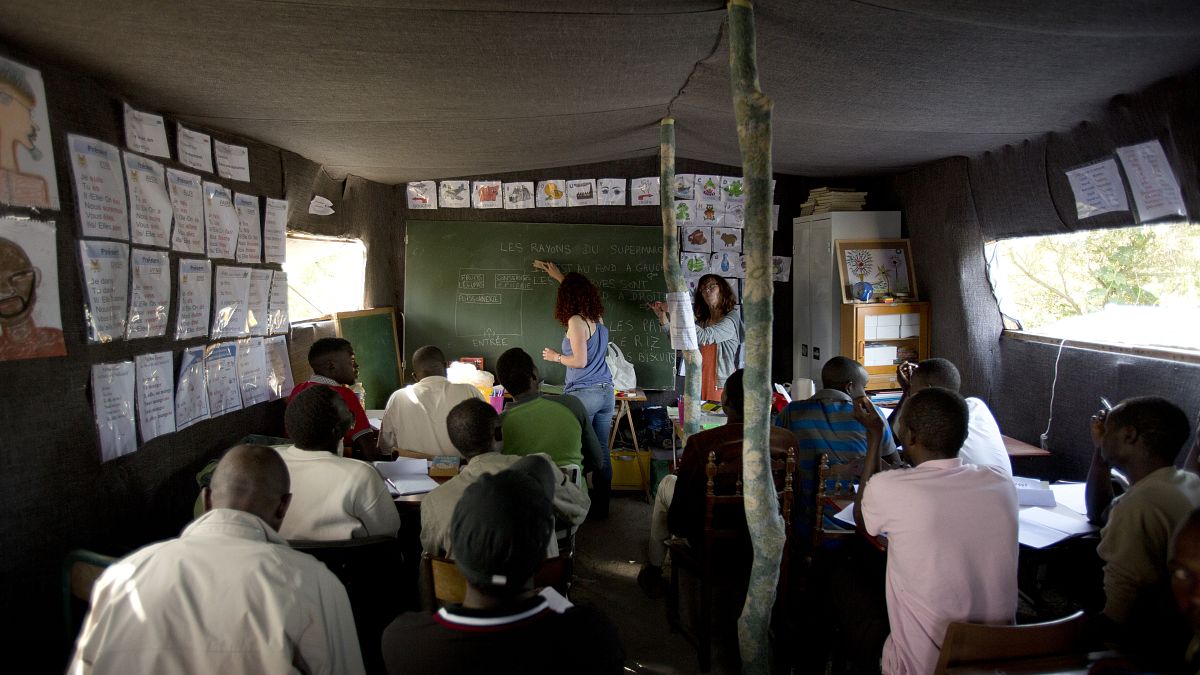The European Commission (EC) says that around 34 million people living in the EU were born outside the bloc and that everyone has the right to "realise their full potential".
Brussels has announced a new action plan to help migrants integrate better into European society.
The European Commission (EC) says that around 34 million people living in the EU were born outside the bloc and that everyone has the right to "realise their full potential".
"Inclusion is the embodiment of the European way of life," said Margaritis Schinas, the EC's Vice-President for Promoting our European Way of Life.
"Integration and inclusion policies are vital for newcomers, for local communities, and contribute to cohesive societies and strong economies.
"Everyone who has the right to be in Europe should have access to the tools they need to realise their full potential and assume the rights and obligations governing our Union."
The action plan is intended to promote the inclusion of all asylum seekers and recognise the impact migrants make to the EU.
"Migrants are ‘us', not ‘them'," the EC's Commissioner for Home Affairs, Ylva Johansson, said. "Everyone has a role to play in making sure our societies are cohesive and prosperous.
"Integration and inclusion mean listening to migrant communities and ensuring that everyone can enjoy rights, regardless of background.
"Inclusive integration is giving the same tools and support needed to contribute to society so that migrants can reach their full potential and our societies benefit from their strength and skills."
Brussels has identified several areas where it says action is needed to help migrants integrate better: access to education and training, better employment opportunities and the recognition of non-European qualifications, access to healthcare, and adequate and affordable housing.
But there are no legally binding measures proposed in the plan, so enforcement will be extremely hard, particularly given that some EU countries are opposed to migration.
Anila Noor, a director at New Women Connectors, an initiative led by migrant and refugee women told Euronews: "The ambition is there, the words are there, they want to change and to make it more inclusive, but how? How will they make sure that the representation of refugees and migrant communities will be there in a meaningful way? How will they make sure gender equality will be there? So, the question of how still remains very big."


